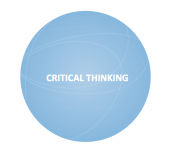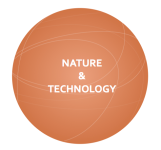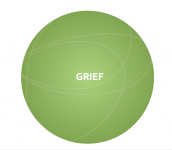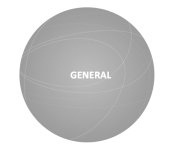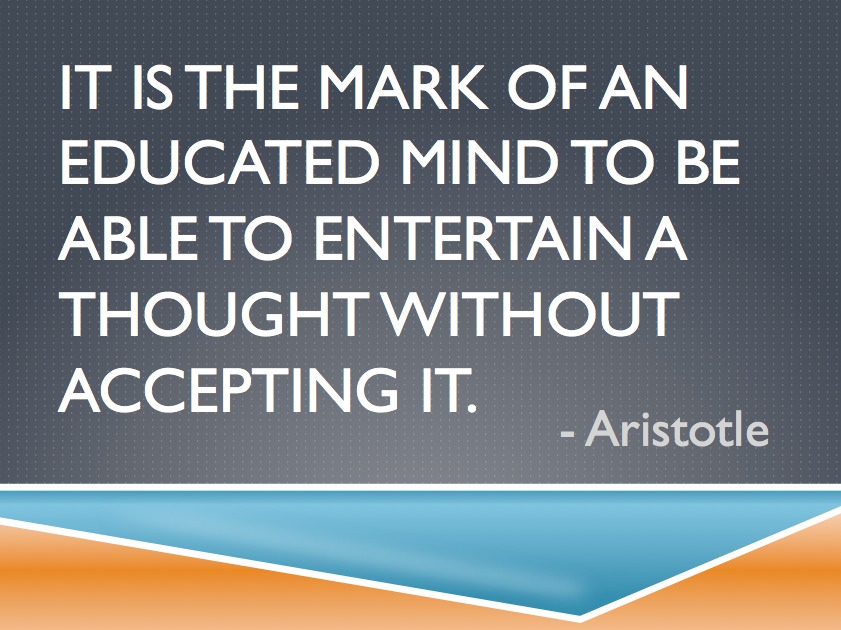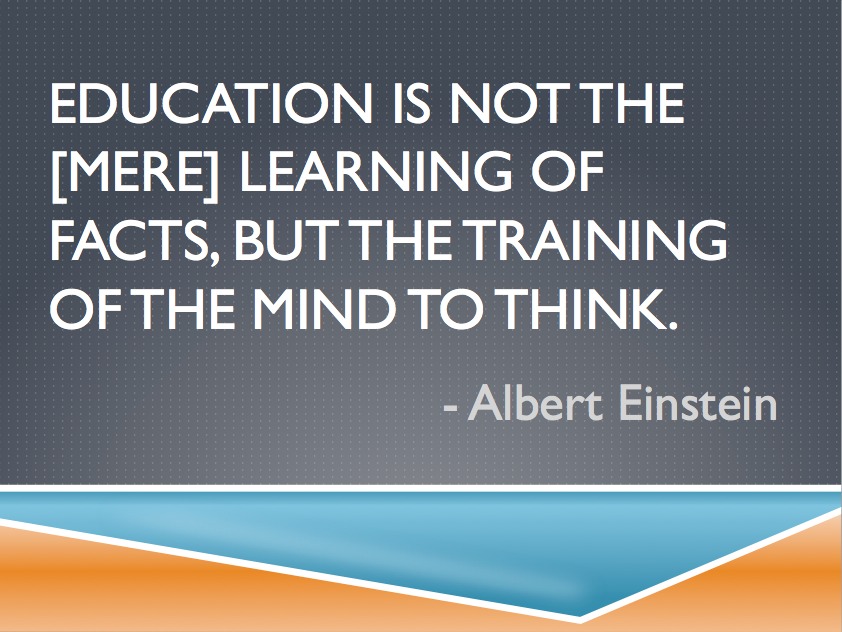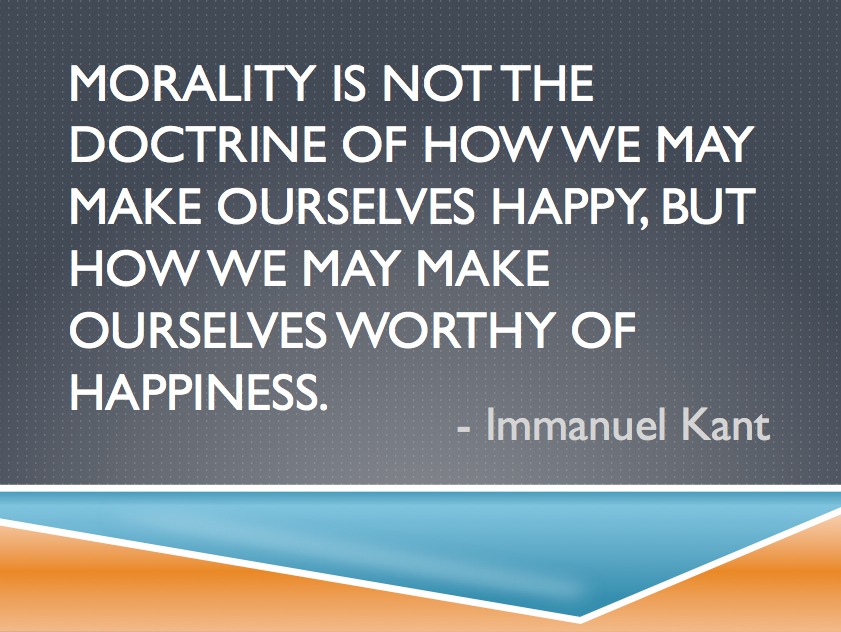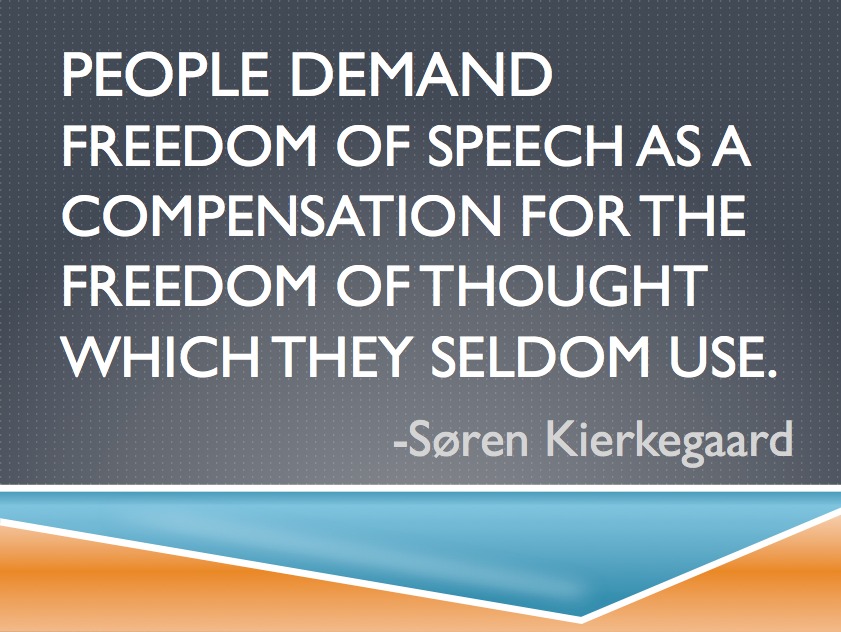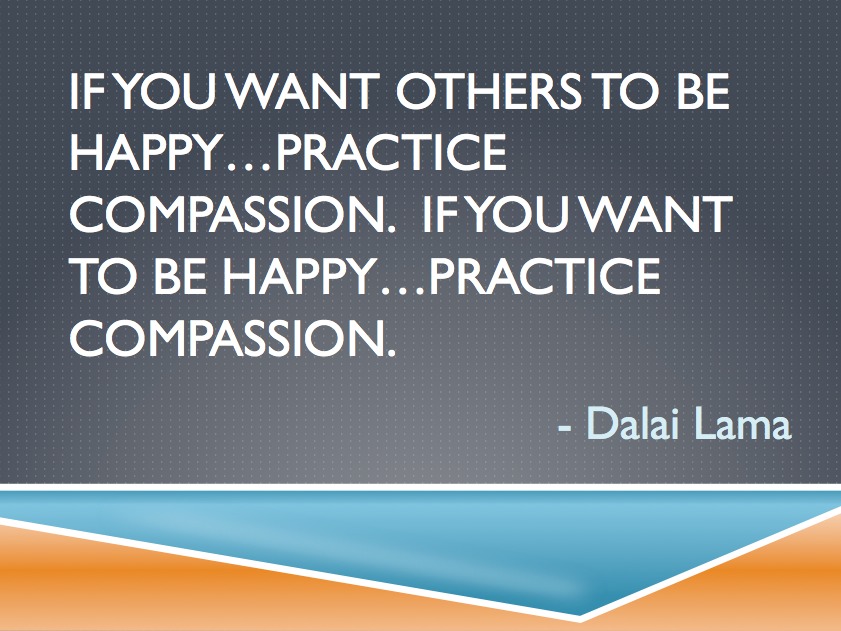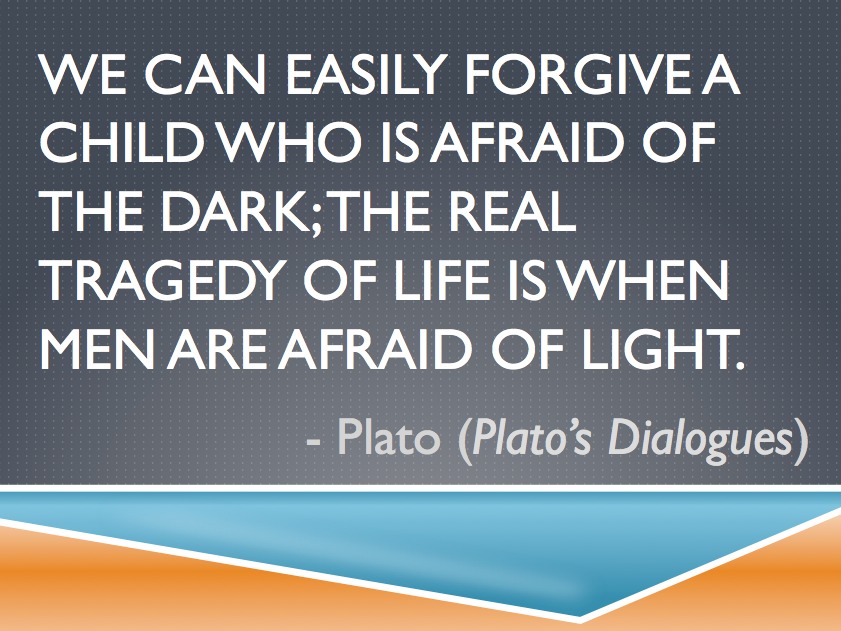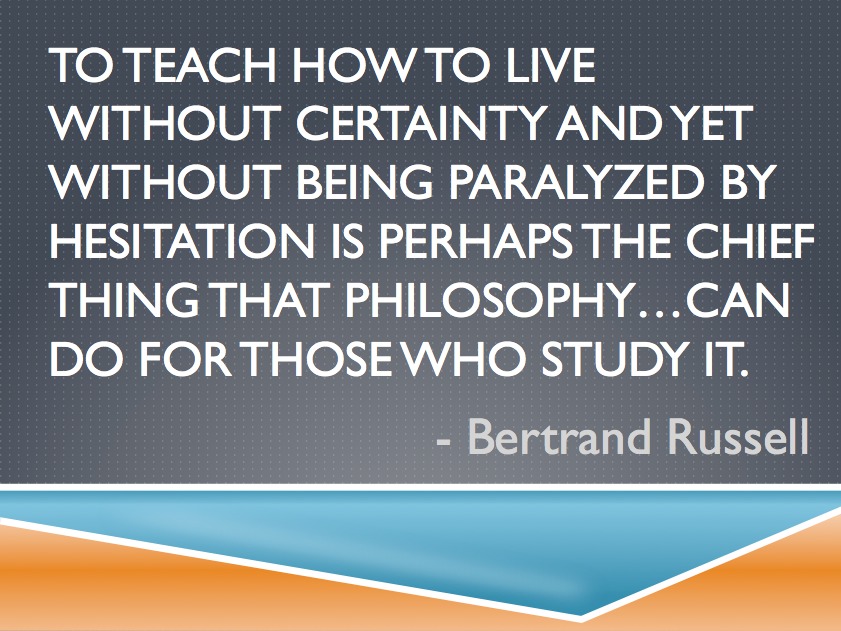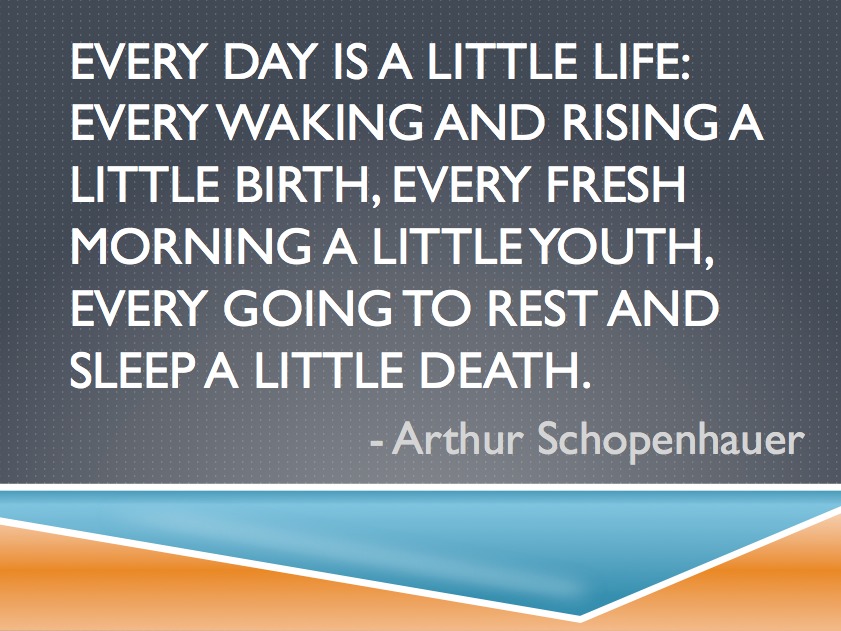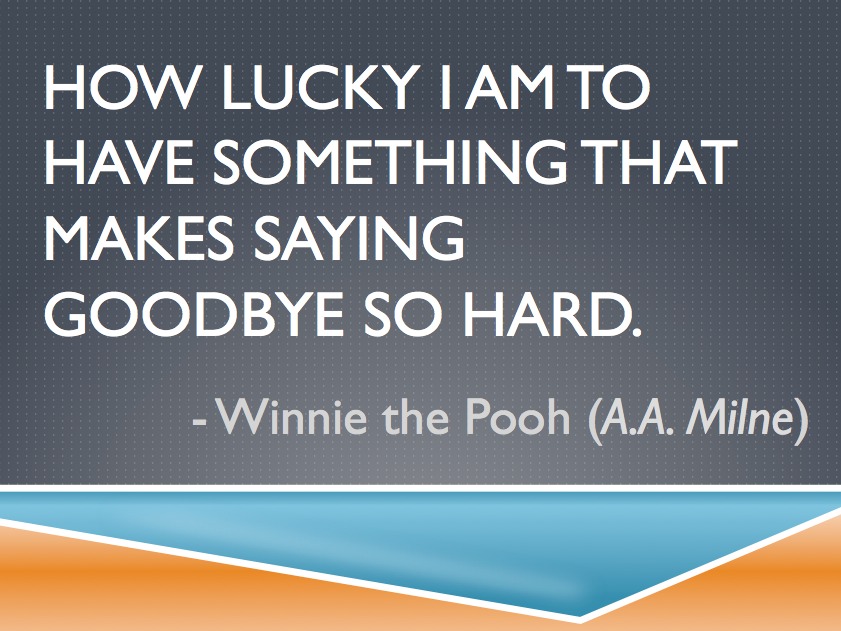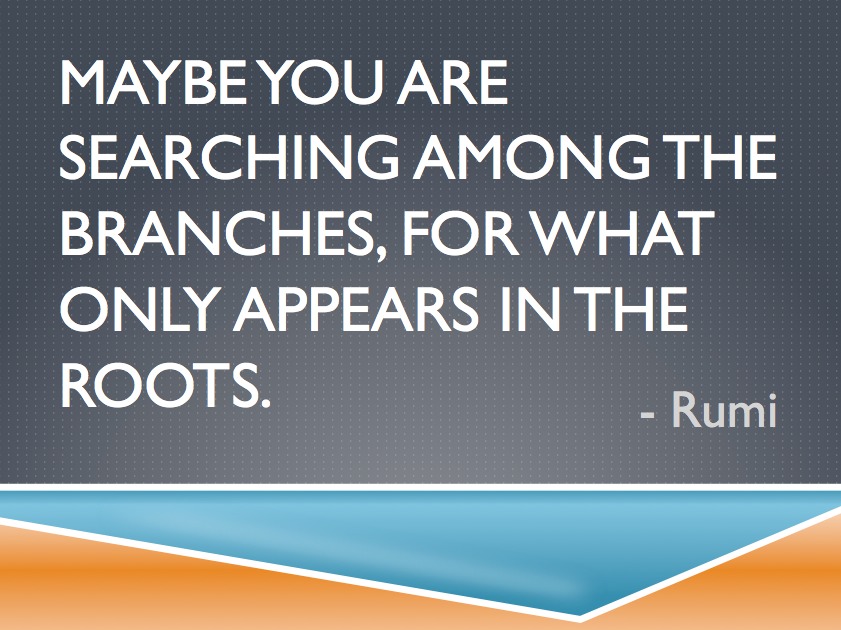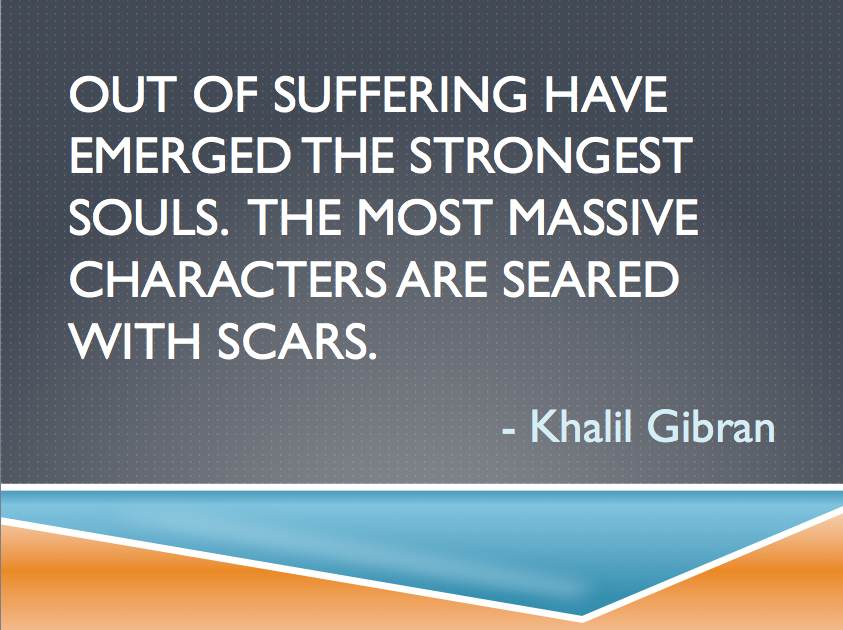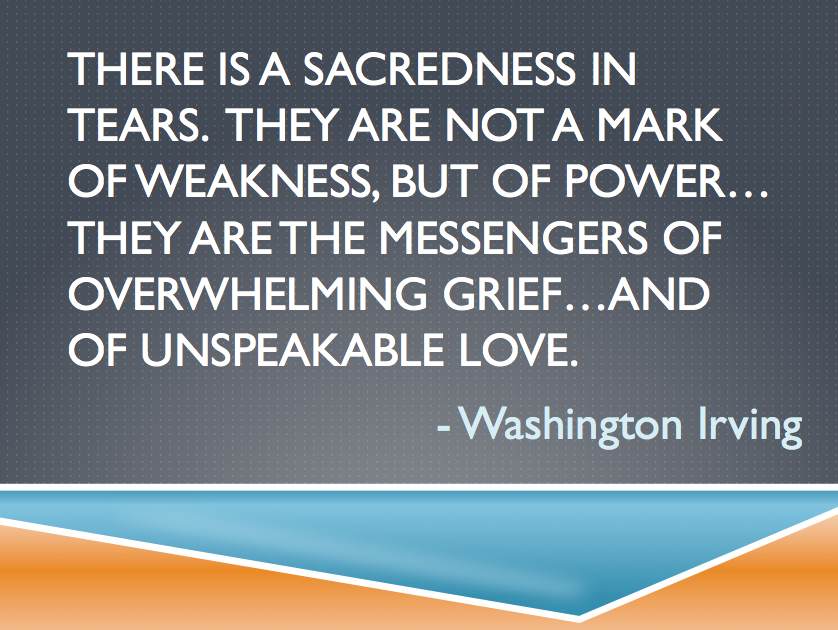A Phenomenology of Mass-Produced Things and Our Relation with the More-than-human World

In this paper, Henry Kramer, explores the human-technology relationship and argues that “our perception of mass-produced things, a perception unique to and only possible within technological culture, dulls our senses and de-emphasizes the basic materiality of all things, thereby discouraging connection and engagement with the more-than-human world.” An iteration of this paper was presented at the 16th Annual Gonzaga Graduate Philosophy Conference and received the Hutchins Award in Philosophy for best paper in the conference. It is featured here on our website by permission of the author. Read more here!

